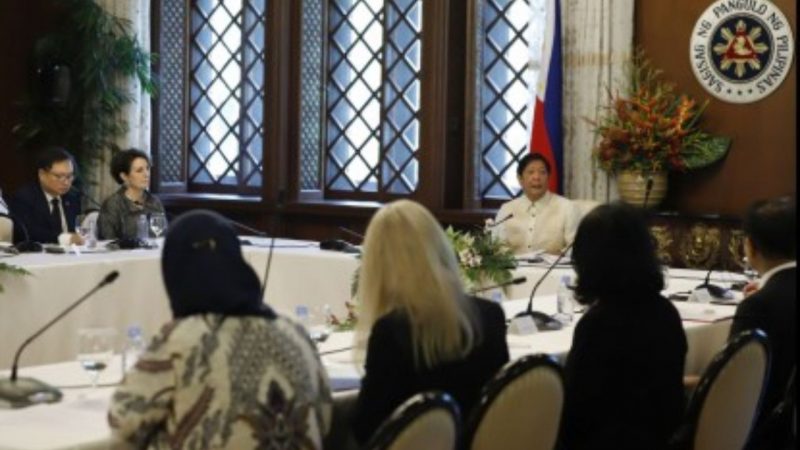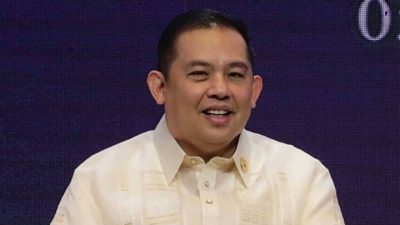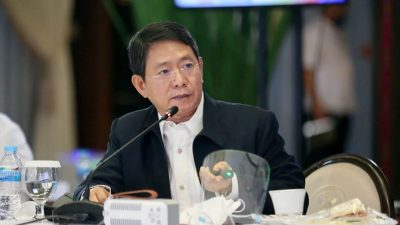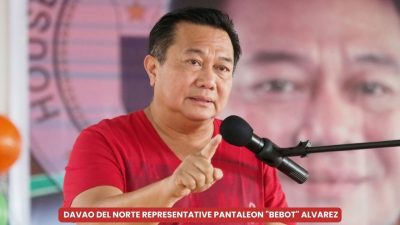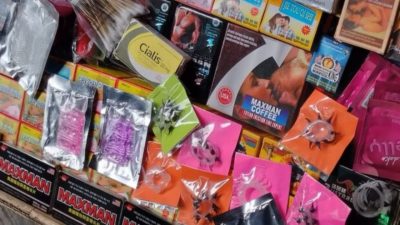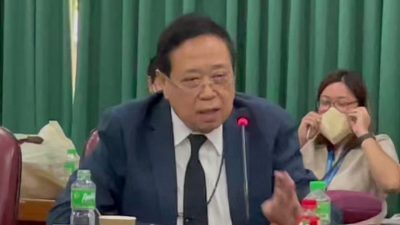MANILA – The United States (US) – Association of Southeast Asian Nations (ASEAN) Business Council, the largest American business contingent, pledged to pursue more investments in the Philippines.
The commitment was made when the members of the US-ASEAN Business Council paid a courtesy call to President Ferdinand R. Marcos Jr. at the President’s Hall of Malacañan Palace in Manila on Wednesday.
During the meeting, US-ASEAN Business Council president and chief executive officer Ted Osius said the members of the non-profit organization are looking forward to deepening their engagements with the Marcos administration and creating more partnerships with the Philippine businesses.
“We’re very much focused and you highlight these themes on sustainable development, transformative digitalization, innovative healthcare solutions, supply chain resilience, and ease of doing business,” Osius told Marcos.
“We are determined that we come here not just to talk but also to bring a lot of action to create real partnerships and to show our commitment in the form of investments,” he added.
Osius, a retired US ambassador, was joined by representatives of 30 companies, the largest delegation to visit the Philippines in the 40-year history of US-ASEAN Business Council.
He said the number of the delegation visiting the Philippines signifies the organization members’ interest in the country’s strong growth and stable macroeconomic fundamentals; the young and competent Filipino workforce; and the Marcos administration’s receptiveness to foreign investments and sustainable approach to sustain economic development.
Citing Marcos’ commitment to put a premium on industries such as infrastructure, agriculture, clean energy, green metals and semiconductors, Osius said American companies have expressed readiness to back the Philippine development efforts.
Marcos acknowledged the council’s crucial role in the Philippine development and hoped that alliances, partnerships, and arrangements with its members would be sustained.
He said the meeting with the US-ASEAN Business Council is significant in discussing concrete steps in upholding socioeconomic cooperation, including the sectors of agriculture, clean energy, infrastructure, climate change, digital connectivity and post pandemic recovery.
“I recognize the critical role that the United States and American businesses have played in advancing a robust and inclusive economic growth in the Philippines, not only in this period but for a very long time now,” Marcos said.
Marcos also assured the council of concrete steps that he and US President Joe Biden have identified to make the two countries’ alliance and partnership “relevant and responsive to the current emerging challenges in the defense, security and economic spheres.”
“I invite the members of the esteemed Council to continue being valuable partners of the Philippines. Let us push for greater economic engagement between our two countries, for our mutual benefit, for the prosperity, especially of the region,” he said.
Osius also stressed the importance of the country’s participation in the Indo-Pacific Economic Framework, as well as in the Asia-Pacific Economic Cooperation (APEC).
“The view in Washington is that the Philippines has been an incredible partner in this process, especially the supply chain. [The] Indo-Pacific Economic Framework and the US is looking for continued Philippine leadership on Pillar 3 which is focused on clean energy, decarbonization, and infrastructure, and Pillar 4, tax and any corruption,” Osius said, adding US companies welcome a transparent predictable business environment in the context of Pillar 4.
The US-ASEAN Business Council is a non-profit organization established in 1984 that conducts research and analysis in the ASEAN member states in terms of economic, financial, political, social and environmental conditions.
Worldwide, the council’s membership of over 175 companies generates almost USD7 trillion in revenue and employs more than 14.5 million people.
The council is the only American organization formally recognized in the ASEAN Charter and meets annually with the Finance, Trade, and Energy Ministers at their annual meetings.
To date, its members include the largest US companies conducting business in ASEAN and range from newcomers to the region to firms that have been working in Southeast Asia for more than 100 years. (PNA)

